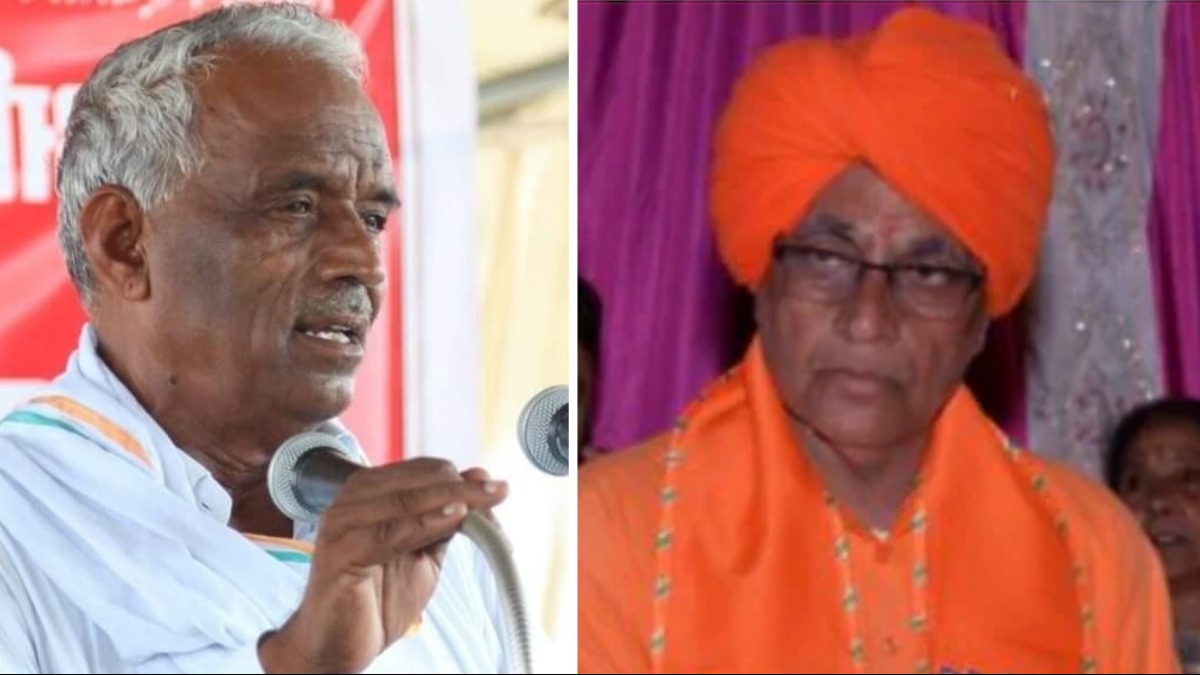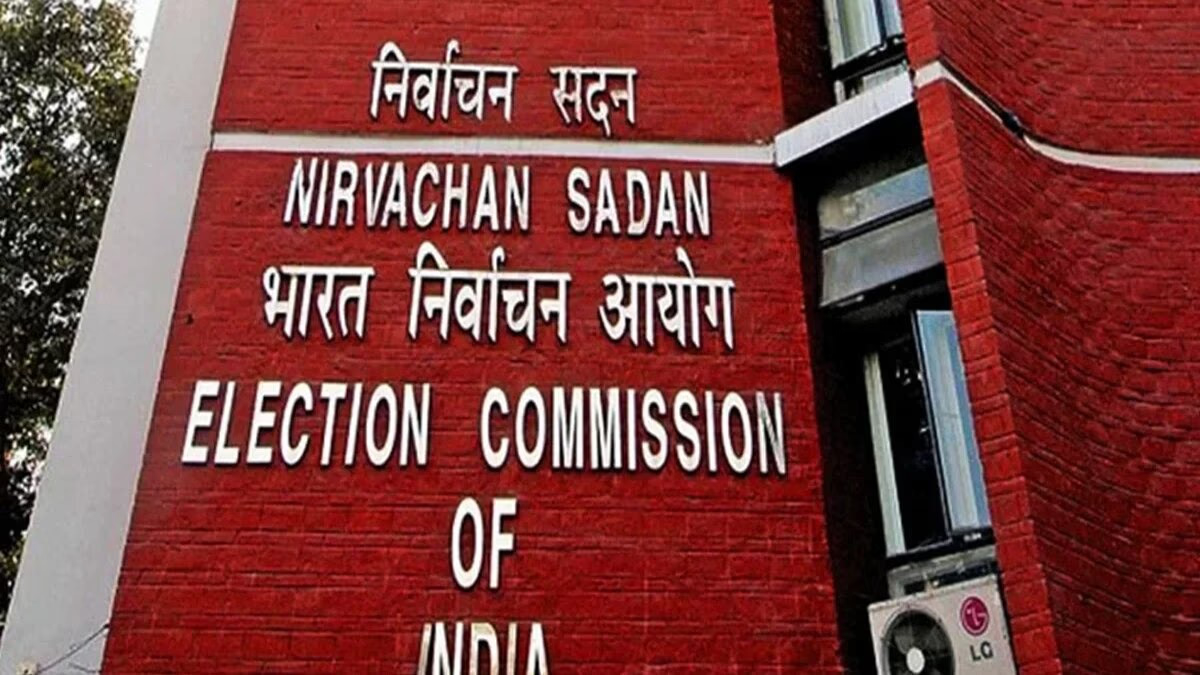In the heartland of Rajasthan, as the climate heats up, so does the electoral fervor. Politicians are out in the streets, rallying the voters with all their might for the upcoming Sikar Lok Sabha election. Hailing from opposing sides are CPI(M)'s Comrade Amara Ram and BJP's candidate, Swami Sumedhanand Saraswati, who is facing a stiff contest despite being a two-time victor on this seat. Mark your calendars: voting takes place on April 19.
Interestingly, the primary opposition party, Congress, has not fielded a candidate against Sumedhanand. Instead, they have left this seat to their ally, the Communist Party of India (Marxist) - a move reflecting CPI(M)'s significant influence in the area. This strategic play has led to an intriguing alliance between Congress and the Communists, posing a formidable challenge to Sumedhanand in this predominantly Jat region, making it one of the toughest election battles in recent years.
What's the buzz about the BJP candidate?
Sumedhanand, the incumbent MP, has faced criticism for his absence from his constituency. Yet, he confronts his critics with the work accomplished during his tenure. Government initiatives launched under BJP's rule are viewed favorably, bolstering his campaign. Although Prime Minister Narendra Modi's popularity has been an asset in past elections, the opposition, led by CPI(M), is capitalizing on issues like agrarian distress and unemployment. These concerns resonate across the electorate, diminishing the 'Modi magic.'
The Core Issues of Sikar
Sikar is entangled in various issues, particularly the agrarian discontent. Farmers voice their dissatisfaction with the government, especially over the pricing of crops like onions. As the region depends entirely on agriculture, staple crops like millet, barley, cotton, and legumes also shape the political landscape.
The Electoral Path: Difficult or Smooth?
Looking at Sikar's caste equation, both candidates, admired as 'Comrade' and 'Baba,' come from the Jat community. Sumedhanand, originally from Rohtak, Haryana, has his past electoral victories to lean on, whereas Amara Ram has been a prominent figure in farmers' protests and the recent border demonstrations. Despite their alliance with Congress, the uncertainties may hinder their electoral success, with six consecutive Lok Sabha losses to Amara Ram's name.
Campaigning Intensifies on Both Sides
Sumedhanand's political prowess is reflected in his efforts to address local demands, like establishing an army recruitment center in Sikar. Seeking to dispel misinformation regarding the Agniveer scheme, he emphasizes the government's commitments while blaming the opposition for spreading confusion. Amara Ram, on the other hand, focuses his campaign on farmers, agricultural laborers, and youth issues, criticizing the central government's policies and highlighting the alliance's significance as a marker of public discontent.
Sikar's Demographic Dynamics
In Rajasthan, the Jat-majority region of Sikar plays a pivotal role in elections. Jats hold about 28% of the vote share, followed by Muslims at 10%, Rajputs nearing 6%, with the Scheduled Castes and Scheduled Tribes constituting 17% and 3.5% respectively.
A Glimpse into Previous Elections
The previous assembly elections saw Congress securing five out of eight constituencies, while BJP captured the remaining three. Though BJP had a slightly higher vote share, the 2019 Lok Sabha elections cemented their victory with over half the votes, signaling a growing popularity in comparison to the results a decade earlier.




